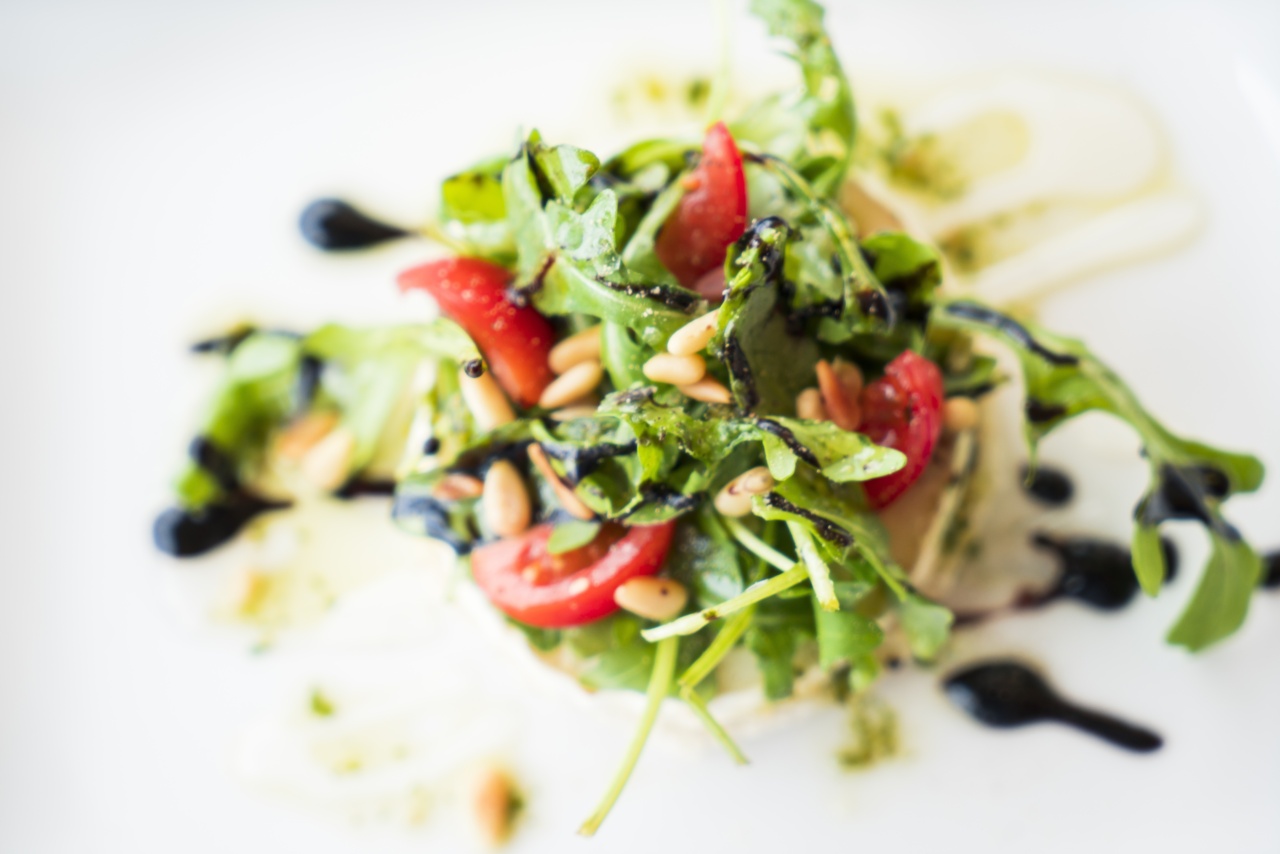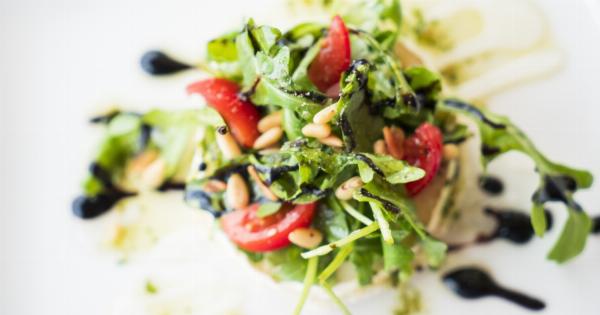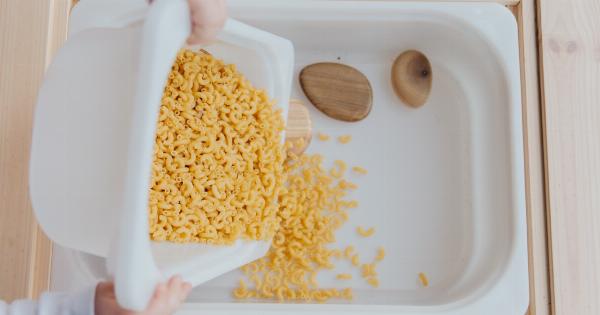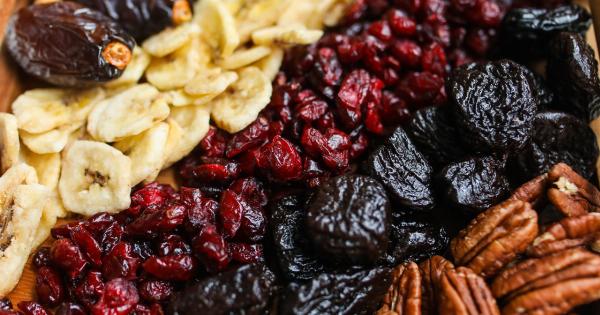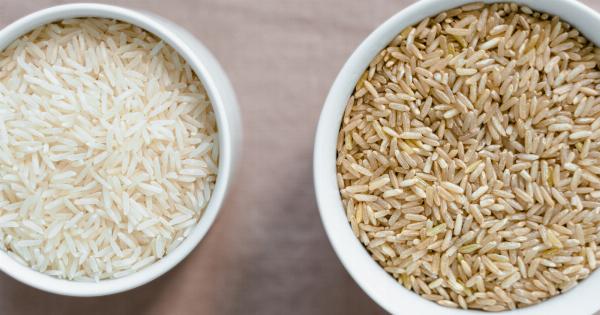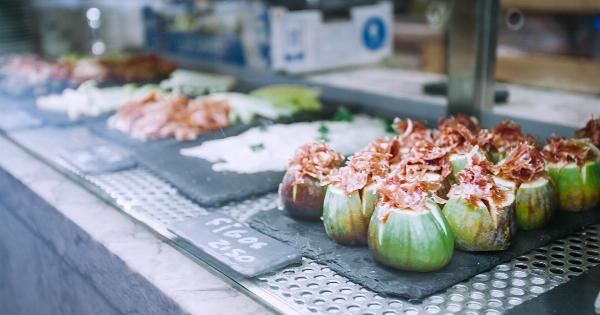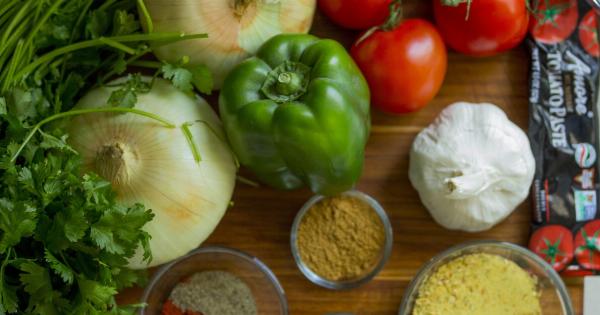Switching to a meat-free diet doesn’t mean sacrificing protein. There are plenty of vegetables that are high in protein and can keep you feeling satisfied and energized throughout the day.
Whether you’re a vegetarian, vegan, or simply looking to reduce your meat consumption, incorporating these protein-rich veggies into your meals is a great way to maintain a balanced diet. Here are seven vegetables that can help you meet your daily protein needs:.
1. Broccoli
Broccoli is not only rich in vitamins and minerals but also packed with protein. With approximately 2.6 grams of protein per 100 grams, broccoli can be a significant source of plant-based protein in your diet.
It’s also versatile and can be incorporated into a wide variety of dishes, such as stir-fries, salads, and soups.
2. Spinach
Popeye was onto something when he proclaimed the benefits of spinach. This leafy green vegetable is not only iron-rich but also contains about 2.9 grams of protein per 100 grams.
Whether you choose to eat it raw in salads or sautéed as a side dish, spinach is an excellent choice for boosting your protein intake.
3. Lentils
Lentils are a staple in many plant-based diets due to their impressive protein content. With around 9 grams of protein per 100 grams, lentils easily stand toe-to-toe with many meat-based protein sources.
Moreover, lentils are also an excellent source of dietary fiber and complex carbohydrates, making them a perfect addition to hearty stews, curries, or even veggie burgers.
4. Chickpeas
Chickpeas, also known as garbanzo beans, are incredibly versatile and make a great addition to vegetarian and vegan diets.
They contain approximately 19 grams of protein per 100 grams, making them one of the richest plant-based protein sources available. Whether you roast them as a nutritious snack or use them in homemade hummus or falafel, chickpeas are a nutrient-dense legume that can satisfy your protein needs.
5. Quinoa
Quinoa is often praised for its high protein content, earning it the title of a “complete protein” as it contains all essential amino acids.
With around 14 grams of protein per 100 grams, quinoa is an excellent alternative to traditional grains like rice or pasta. This versatile seed can be used in a variety of recipes, from salads and side dishes to main courses, providing a substantial protein boost to any meal.
6. Peas
Peas may be small, but they pack a punch when it comes to protein content. With approximately 5 grams of protein per 100 grams, peas are an excellent addition to your protein-rich vegetable lineup.
Whether you enjoy them as a side dish, mix them into stir-fries, or use them in soups and stews, peas offer both protein and a subtle sweetness.
7. Edamame
Edamame, or young soybeans, are not only a tasty snack but also a great source of protein. With approximately 11 grams of protein per 100 grams, edamame is a must-have for anyone looking to add plant-based protein to their diet.
Edamame can be enjoyed on its own as a snack, tossed into salads, or used as a filling in wraps and sushi rolls.
Incorporating these protein-packed vegetables into your meat-free diet can help ensure you’re getting all the essential amino acids your body needs.
Whether you choose to prepare them as standalone dishes or combine them in creative recipes, these veggies make it easy to maintain a healthy and satisfying vegetarian or vegan lifestyle.
